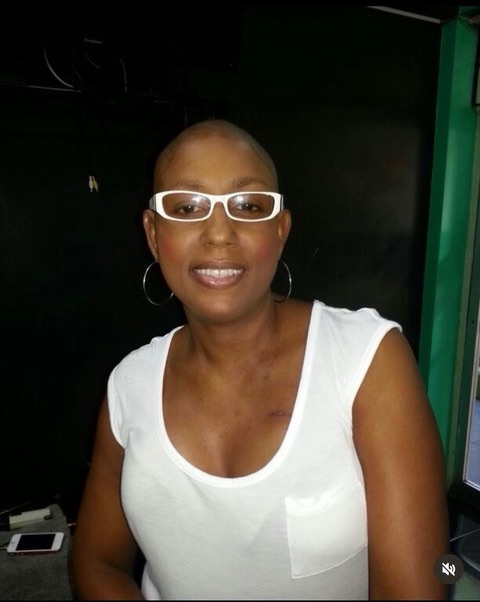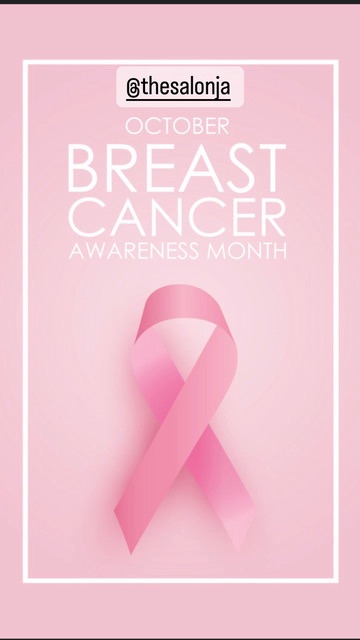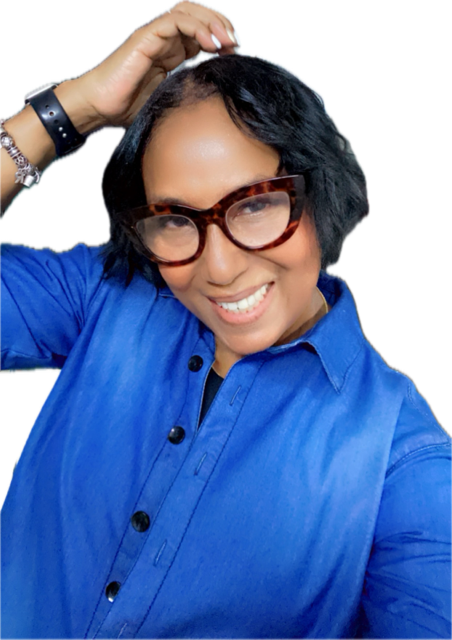Experiencing hair loss and scalp irritation after chemotherapy or radiation treatment can be emotionally challenging. However, understanding how to care for your hair and scalp during the recovery phase can make a significant difference in your healing journey. A key step in this process is consulting a trichologist who can tailor a treatment plan specifically for you. Let’s dive into why this is important and how a trichologist can help.
Types of Hair Loss Caused by Chemotherapy
Chemotherapy drugs target rapidly dividing cells, including those in hair follicles. This often leads to chemotherapy-induced alopecia**, a type of hair loss that can affect your scalp, eyebrows, eyelashes, and body hair. There are two common types of hair loss seen post-treatment:
Anagen Effluvium: This is the most common form of hair loss during chemotherapy. It occurs when hair in the growth phase (anagen phase) falls out abruptly. The extent and severity depend on the specific chemotherapy drugs used.
Telogen Effluvium : Some patients experience this type of hair loss after chemotherapy ends. In this case, hair prematurely enters the resting (telogen) phase and sheds within a few months. This form of hair loss can also occur due to stress and nutritional deficiencies from treatment.
While radiation treatment can also cause hair loss, it usually affects only the areas directly exposed to radiation, leading to localized thinning or patchy bald spots.
Why See a Trichologist?
A trichologist specializes in hair and scalp health, and they can develop a personalized care plan to address post-chemotherapy concerns. Here’s how a trichologist can help you:
Comprehensive Scalp Examination : They can assess the current condition of your scalp, checking for signs of irritation, sensitivity, or infection.
Customized Treatment Plan : Based on your hair loss pattern and scalp condition, the trichologist will recommend a tailored regimen to encourage regrowth and manage irritation.
Nutritional Advice : Hair regrowth often requires an internal boost. A trichologist may suggest vitamins and nutrients that support healthy hair follicles, like vitamin B6, zinc, and iron.
Soothing Treatments for Scalp Irritation
Chemotherapy and radiation can leave the scalp dry, irritated, and sensitive. Addressing these issues early on is vital for your comfort and to prepare your scalp for future hair regrowth. Here are a few soothing treatments your trichologist may recommend:
A Holistic Approach : Rosemary rise is well-known for its soothing properties. It can help hydrate a dry, itchy scalp while reducing inflammation and promoting healing.
#scalprenew Creams : Scalp renew (by #thesalonessentials ) has anti-inflammatory and antimicrobial properties. It’s ideal for sensitive or irritated scalps post-treatment and can reduce discomfort.
Scalp Massage : A gentle scalp massage can improve blood circulation to the hair follicles, promoting regrowth and soothing any tightness or sensitivity. However, this should only be done under the guidance of your trichologist to avoid further irritation.
Low-Level Laser Therapy (LLLT) : Some trichologists may incorporate LLLT into their treatment plans. This non-invasive therapy promotes hair regrowth by stimulating the follicles while being gentle on a sensitive scalp.
Moving Forward
While the road to hair regrowth after chemotherapy or radiation treatment may feel uncertain, taking proactive steps to care for your scalp is essential. A trichologist can provide expert advice and guide you through a treatment plan that supports your hair’s recovery while soothing any scalp discomfort you may experience. Remember, everyone’s journey is unique, and patience is key.
www.altheagooden.com #thesalonessentials #scalprenew #thesalonja



After chemo